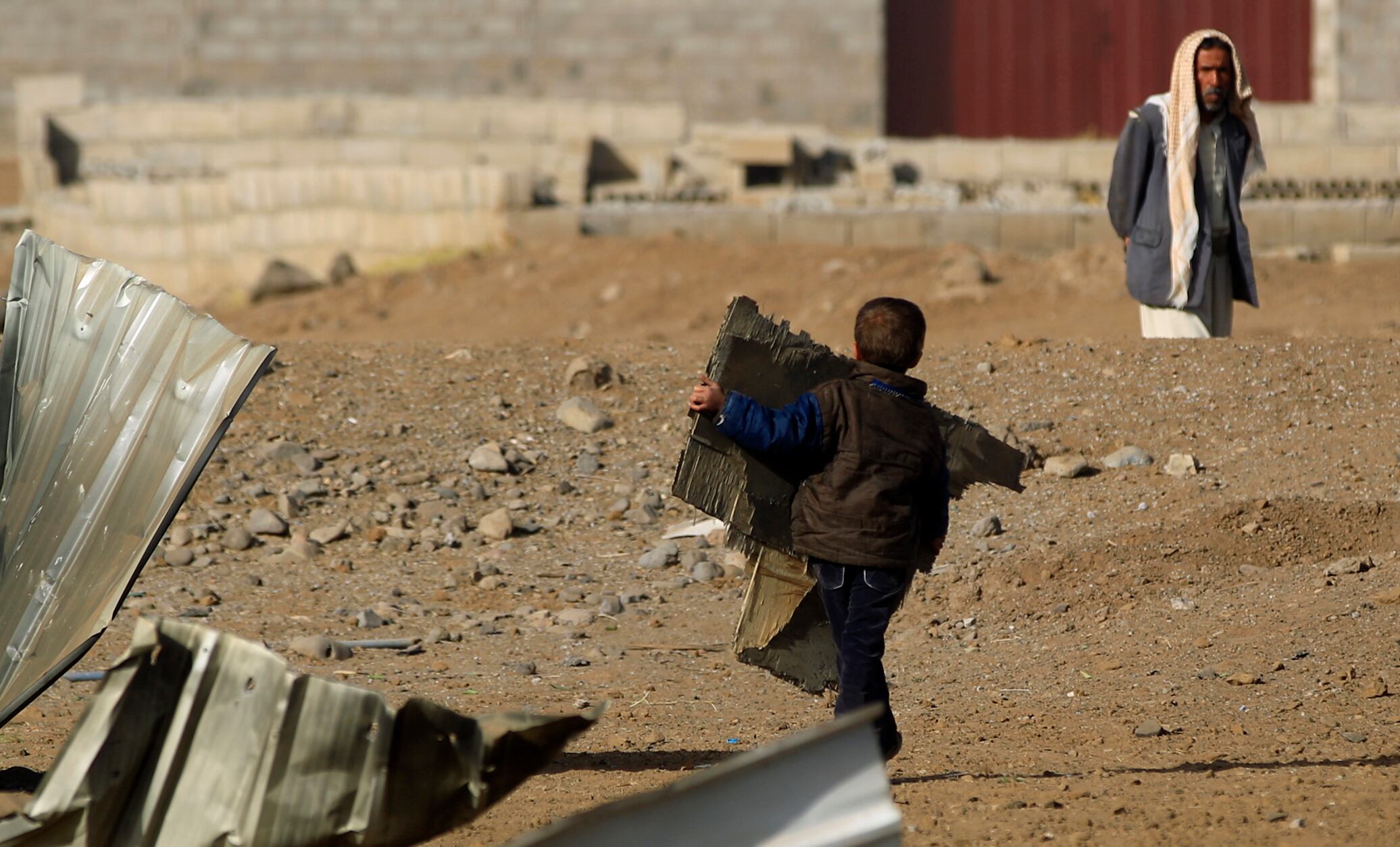WASHINGTON — The Biden administration this week approved a trio of potential foreign military sales cases for Australia and India, items worth a potential $4.36 billion for American companies.
On Thursday, Australia was cleared to purchase a package of Heavy Armored Combat Systems, with an estimated price tag of $1.685 billion, and four CH-47F Chinook cargo helicopters, with an estimated price tag of $259 million. On Friday, India was cleared to purchase six P-8I maritime surveillance aircraft, worth an estimated $2.42 billion.
FMS notification figures represent potential arms sales that the State Department internally cleared, then passed to Congress through the Defense Security Cooperation Agency. The notifications do not represent final sales; if Congress does not reject the potential sale, it then goes into negotiations, during which dollar figures and quantities of equipment can change.
RELATED

The potential sales go to two key allies for the U.S. as it is increasingly focused on the Pacific. Both nations are part of the “Quad,” a group of like-minded partners that also includes the U.S. and Japan.
The Indian package would include the six P-8I aircraft, as well as radio systems, engines, navigational systems, and contractor support. Boeing is the primary contractor, with work performed at its Seattle facility. The proposed sale “will support the foreign policy and national security of the United States by helping to strengthen the U.S.-Indian strategic relationship and to improve the security of a major defensive partner, which continues to be an important force for political stability, peace, and economic progress in the Indo-Pacific and South Asia region,” according to the DSCA notification.
India procured eight P-8I aircraft in Jan. 2009 via a direct commercial sale, and went under contract for another four in July 2016. The Indian Navy has operated the planes since 2013.
The Australian Heavy Armored Combat Systems package involves taking 160 M1A1 Tank structures and hulls provided from U.S. stock, and then using those to produce a variety of vehicles and equipment, including: 75 M1A2 SEPv3 Abrams Main Battle Tanks; 29 M1150 Assault Breacher Vehicles; 18 M1074 Joint Assault Bridges; six M88A2 Hercules Combat Recovery Vehicles; and 122 AGT1500 gas turbine engines.
Interestingly, the agency announcement notes that included is “development of a unique armor package,” without details on what that might look like. Work will be spread amongst General Dynamics Land Systems, BAE Systems, Leonardo DRS and Honeywell Aerospace; Australia typically requires commercial offsets in FMS cases.
“The M1A2 SEPv3 Main Battle Tanks will upgrade the current Australian fleet of M1A1 SA tanks with no changes to Royal Australian Armoured Corps force structure,” the agency announcement read. “Additional M88A2 vehicles provide de-processing and combat vehicle recovery support for the Australian tank fleet. The M1150 Assault Breacher Vehicles (ABVs) and M1074 Joint Assault Bridges (JABs) will be a new capability for the Royal Australian Engineers, bringing under-armor bridging and breaching capability, increasing the effectiveness and survivability of Australian Combat Engineers and providing increased mobility for the armored fleet.”
The Chinook deal covers the four helicopters, along with “customer-unique modifications.” It also involved eight T55-GA-714A aircraft turbine engines, as well as associated mission systems and equipment. Aircraft will be provided from U.S. Army stock.
After an initial pause to review FMS cases approved by the Trump administration, the Biden state department has now approved 15 potential weapon sales, with a combined $8.9 trillion potential price tag.
Aaron Mehta was deputy editor and senior Pentagon correspondent for Defense News, covering policy, strategy and acquisition at the highest levels of the Defense Department and its international partners.








